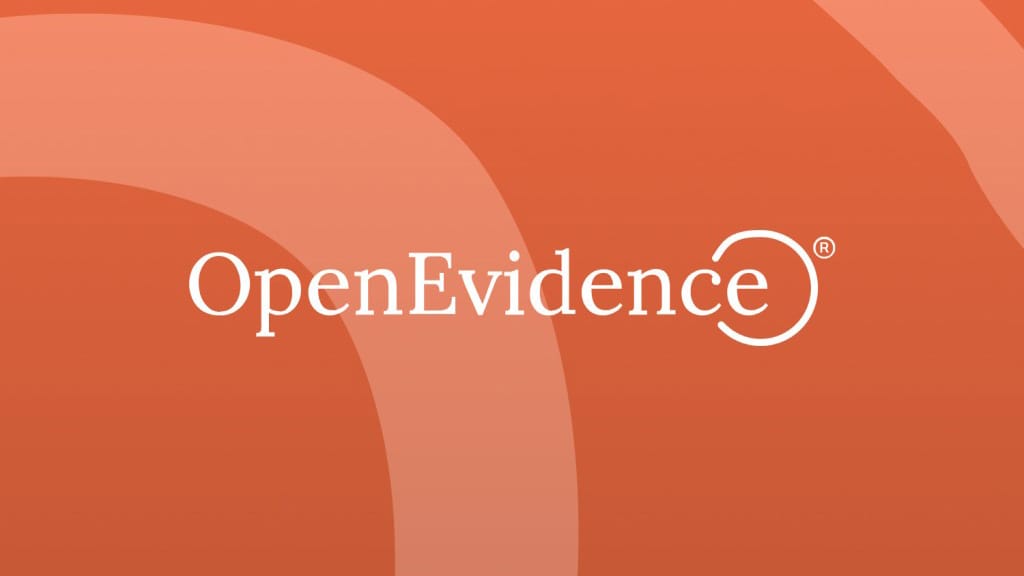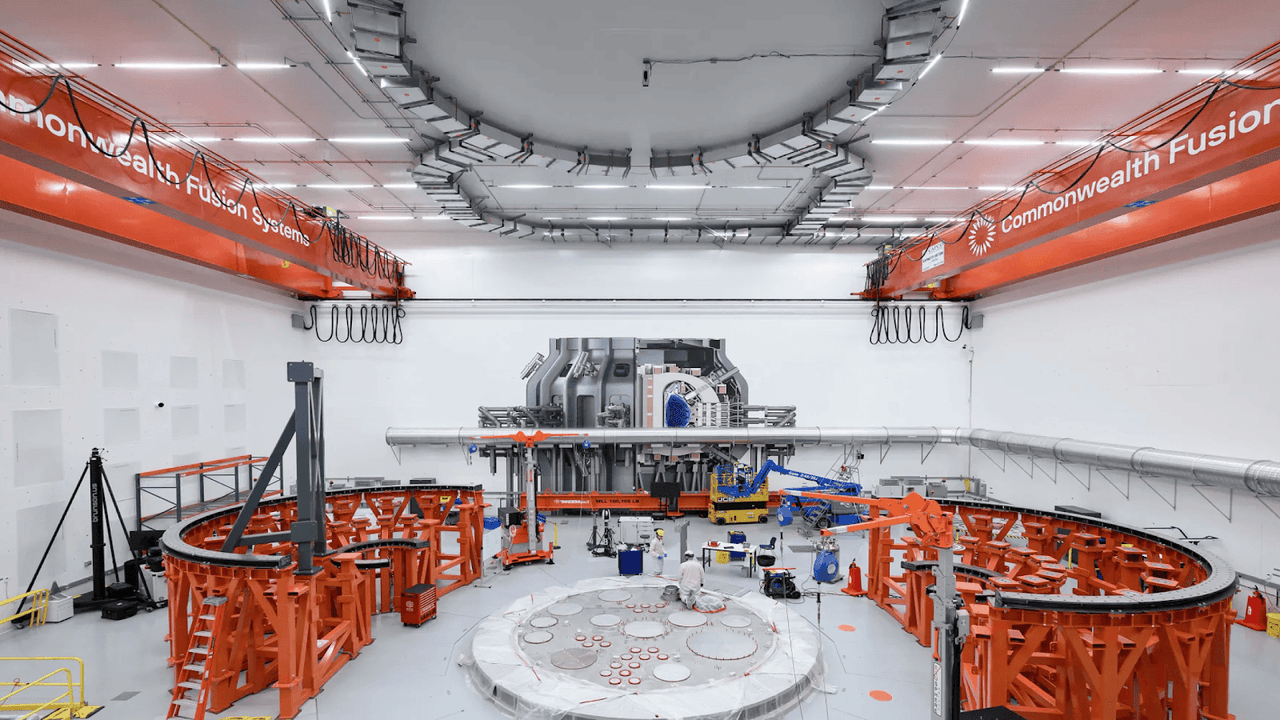When AI Meets Immunity: Ellison’s Oxford Experiment

By 2050, antimicrobial resistance (AMR) is projected to kill staggering numbers of people. The antibiotics that transformed modern medicine into something survivable are steadily losing their edge; microbes evolve, drugs stagnate, and every surgical ward becomes a casino table stacked against the patient. Vaccines should be the obvious counterpunch — a way to stop infections before resistance even matters — but decades of work have yielded little progress. The pathogens that matter most, from E. coli to Staphylococcus aureus, have eluded traditional vaccine playbooks.
And then Larry Ellison decided to bet £118 million that artificial intelligence could succeed where biology alone has failed.
The Oracle co-founder’s institute is bankrolling Oxford University to run a program called CoI-AI — short for “Correlates of Immunity–Artificial Intelligence.” The premise is audacious: combine human challenge trials, where volunteers are deliberately exposed to pathogens under controlled conditions, with advanced AI models trained to decode immune responses at unprecedented granularity. The goal is simple but radical: identify the elusive immune markers that actually confer protection, and design vaccines around them.
This isn’t science-as-usual. It’s science on steroids, with AI as the metabolic accelerant.





